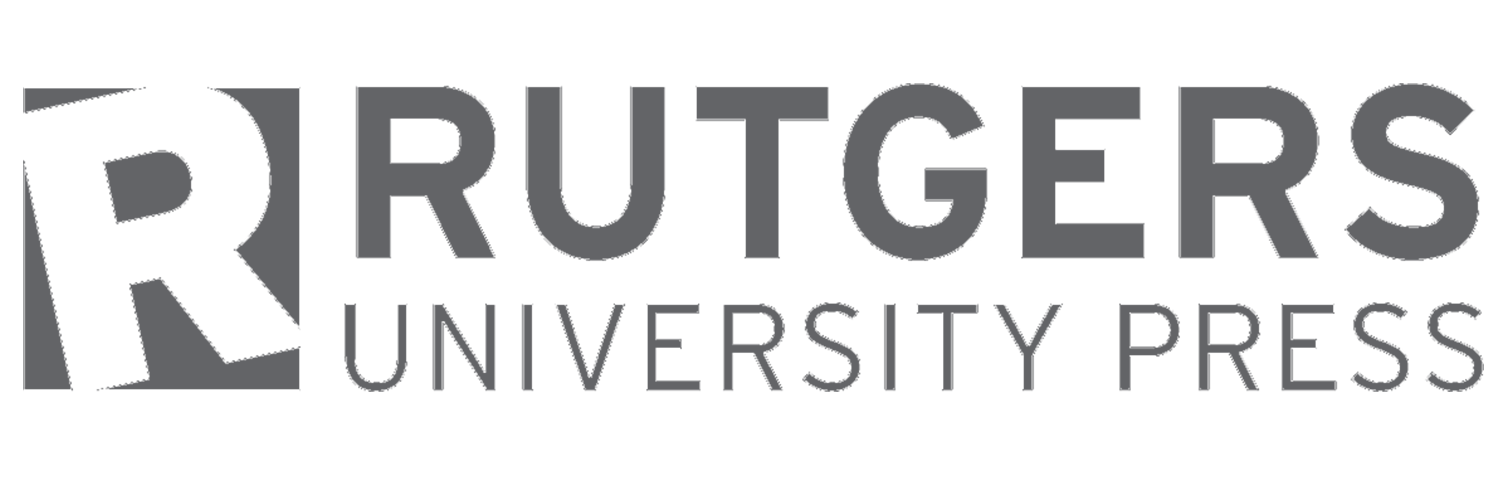Winner of the 2021 Society of Professors of Education Outstanding Book Award
Historically, Americans of all stripes have concurred that teachers were essential to the success of the public schools and nation. However, they have also concurred that public school teachers were to blame for the failures of the schools and identified professionalization as a panacea.
In Blaming Teachers, Diana D'Amico Pawlewicz reveals that historical professionalization reforms subverted public school teachers’ professional legitimacy. Superficially, professionalism connotes authority, expertise, and status. Professionalization for teachers never unfolded this way; rather, it was a policy process fueled by blame where others identified teachers’ shortcomings. Policymakers, school leaders, and others understood professionalization measures for teachers as efficient ways to bolster the growing bureaucratic order of the public schools through regulation and standardization. Beginning in the mid-nineteenth century with the rise of municipal public school systems and reaching into the 1980s, Blaming Teachers traces the history of professionalization policies and the discourses of blame that sustained them.
Contents
Introduction
1 “A Chaotic State”: The Rise of Municipal Public School Systems and the
Institutionalization of Teaching
2 To “Raise Teachers’ Profession to a Dignity Worthy of its Mission”: The Development
of the Modern School Bureaucracy and Tenure Policies During the Progressive Era
3 Teacher Education and the “National Welfare”: Professional Preparation, Character, and
Class During the Great DepressionContents
Introduction
1 “A Chaotic State”: The Rise of Municipal Public School Systems and the Institutionalization of Teaching
2 To “Raise Teachers’ Profession to a Dignity Worthy of its Mission”: The Development of the Modern School Bureaucracy and Tenure Policies During the Progressive Era
3 Teacher Education and the “National Welfare”: Professional Preparation, Character, and Class during the Great Depression
4 “The Enlistment of Better People”: Responses to the Teacher Shortages of the Post World War II Years
5 “A Brave New Breed”: Teacher Power and Isolation, 1960 - 1980
Epilogue
Acknowledgments
Index










